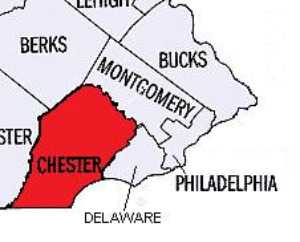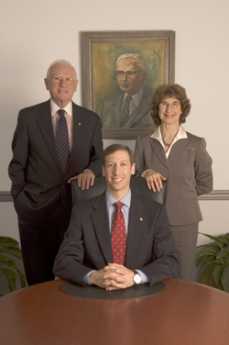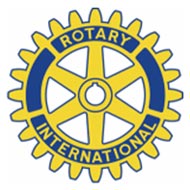Related Topics
Quakers: All Alike, All Different
Quaker doctrines emerge from the stories they tell about each other.
Literary Philadelphia
Literary
Volunteerism
The characteristic American behavior called volunteerism got its start with Benjamin Franklin's Junto, and has been a source of comment by foreign visitors ever since. It's still a very active force.
Right Angle Club 2008
A report, to the year 2008 shareholders of the Right Angle Club of Philadelphia, by the outgoing president, Neale Bringhurst...
Chester County, Pennsylvania
 Chester was an original county of Pennsylvania, one of the largest until Dauphin, Lancaster and Delaware counties were split off. Because the boundaries mainly did not follow rivers or other natural dividers, translating verbal boundaries into actual lines was highly contentious.
Chester was an original county of Pennsylvania, one of the largest until Dauphin, Lancaster and Delaware counties were split off. Because the boundaries mainly did not follow rivers or other natural dividers, translating verbal boundaries into actual lines was highly contentious.
Quaker Values and Service
New topic 2016-12-03 20:19:53 description
Interesting Quaker Characters
All alike, but all different.
Doing Well, Doing Good.

|
| Lynmar Brock |
Lynmar Brock is a Quaker, so what he does is surprising. He lives on a farm, but is Chairman of the Board of a food distribution corporation. He's also chairman of several other boards. He's written several books, and among them, a novel Must Thee Fight? relates the tribulation of one of his pacifist ancestors who nevertheless became a soldier at the Battle of Brandywine. The theme of this emotional conflict parallels the author's own struggle over being a conscientious objector who ultimately volunteered for the Navy because he felt he could not stand by while others fought his battles for him. The face of the soldier with a musket on the book jacket is his own.

|
| Rotary Seal |
When American forces recently entered Afghanistan, a great many people were forced to become refugees. Lynmar Brock was on the board of Rotary International, where a decision was made to provide relief for the refugees, and Mr. Brock flew over to lead the effort on the ground. Rotary raised $2 million almost immediately, and the task was to translate the money into something the refugees really needed. Since "shrinkage" is a common fate for refugee shipments, Rotary bought locally. They were able to distribute 83,000 pairs of shoes, 53,000 blankets and similar quantities of a number of other basic needs. Ultimately, the three-year effort raised $115 million and distributed items in the millions. It was important to give the goods to the local tribal chief, who then redistributed to the members of the tribe. To give it directly would undermine the authority of the chief, very likely provoking him to interfere with it. Accordingly, it is essential for relief workers to make friends with the chieftains, and it is essential to avoid the appearance of being a sap. All of the clothing was stamped with a big indelible yellow Rotary Seal; if it turned up in the black market, it would still be obvious what its source had been. At the same time, it was essential for donors not to appear to be soldiers. One of the missions of the group was to show the Afghans that Americans were real people who cared, and not all were soldiers. That they were successful in this way was brought out by one tribal chief coming forward and saying, "Teach us English. It's the language of the world."
Some influential Rotarians are active in American ophthalmological circles, and arranged to have American eye surgeons extract a great many cataracts from Afghans otherwise destined to a life of blindness. Since the Taliban routinely poisoned the wells, it was vital that farmers like Lynmar Brock were able to show how to repair or replace the local water supply. It might have been better to replace opium farming with tomatoes, but a compromise was made to replace opium with marijuana. That's an improvement, of sorts. The danger inherent in this work must not be shrugged off. All vehicles of foreigners were preceded and followed by at least six local soldiers. As the cavalcade moved from one tribal area to another, the soldiers were changed for soldiers of the new tribal area; their loyalty just had to be trusted. And, indeed, the co-chairman of the committee was mysteriously murdered one day.
The Rotarians return home full of praise for the U.N. field workers, mostly European, who are actually engaged in foreign relief work. The headquarters staff back home at the U.N. are described with only a shrug that speaks volumes, but it is useful for us all to keep the distinctions in mind.
Lynmar says it's great to be home. In his busy life there's work to be done on the farm, and in his corporation, and writing another novel. And there is supervision also needed for the Rotary efforts in the Ivory Coast. It's not completely certain, but sometimes he actually gets some sleep.
Originally published: Friday, September 28, 2007; most-recently modified: Thursday, May 16, 2019